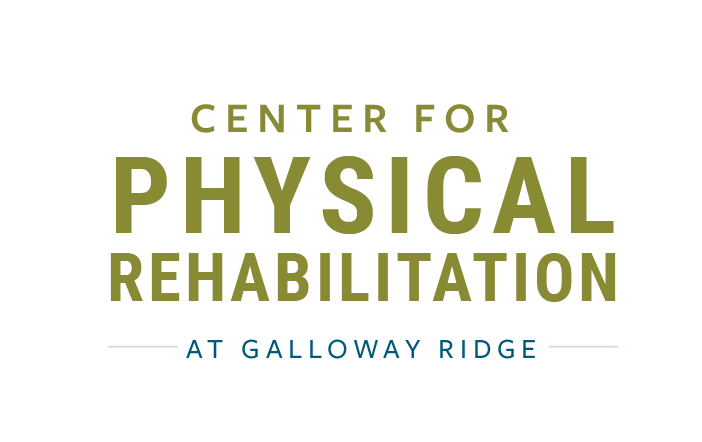Effective communication is a cornerstone of our daily lives, impacting how we connect, express ourselves, and navigate the world. When an accident, illness, or injury disrupts this vital skill, the challenge of reclaiming it can feel overwhelming.
That is where neurological speech therapy comes in. With its specialized focus on the brain and nervous system, this form of speech therapy helps individuals suffering from neurological conditions to regain their voice, restore their confidence, and rebuild their ability to thrive in everyday interactions.
What is Neurological Speech Therapy?
Neurological speech therapy is a specialized form of therapy that focuses on the impact that various neurological conditions can have on speech and language. As a result, it is centered on improving the communication skills, speech clarity, and cognitive abilities of those who are battling neurological conditions.
Neurological speech therapy utilizes a variety of therapeutic methods to help people relearn how to form words and sentences, swallow, perform other oral motor functions, and address issues with memory and attentiveness
Common Neurological Conditions Treated with Speech Therapy
Unlike general speech therapy, which addresses a wide variety of speech issues, neurological speech therapy specifically works to help individuals struggling to communicate due to neurological conditions like the following:
- Stroke: Focuses on reducing the effects of speech, language, and swallowing difficulties caused by brain damage.
- Traumatic Brain Injury (TBI): Aims to improve cognitive and communication abilities impacted by the injury.
- Parkinson’s Disease: Targets changes in speech, including issues with clarity and volume.
- Multiple Sclerosis (MS): Employs strategies to address both cognitive-communication challenges and motor speech problems.
- Aphasia: Works to restore language abilities lost due to brain damage, including challenges in speaking and comprehension.
- Dementia/Alzheimer’s Disease: Focuses on managing cognitive decline and its impact on communication skills.
- Cerebral Palsy: Addresses speech and motor difficulties resulting from developmental brain issues.
Depending on individual circumstances and diagnoses, neurological speech therapists can adjust their methods to fit the unique needs of each individual.
Who Can Benefit from Neurological Speech Therapy?
Neurological speech therapy is designed to help individuals of all ages and backgrounds, providing essential support for those dealing with the impact of neurological conditions.
Whether someone is recovering from a stroke or brain injury, or managing a progressive disorder like Parkinson’s or Multiple Sclerosis, this specialized therapy targets challenges related to speech-language impairments, swallowing difficulties, and cognitive issues.
Individuals with speech-language impairments due to neurological conditions, like aphasia, benefit from tailored therapeutic approaches to regain communication skills.
People with swallowing difficulties caused by neurological conditions receive targeted therapies to improve swallowing function and safety.
How Does Neurological Speech Therapy Work?
Every journey in neurological speech therapy begins with a thorough assessment from a speech-language pathologist. This assessment helps the pathologist and speech therapists understand the unique challenges and goals of each person they are working with, ensuring a personalized and effective treatment plan
Therapy techniques may include:
- Language exercises to practice understanding and forming sentences
- Speech drills to improve articulation and pronunciation
- Cognitive rehabilitation to enhance memory, problem-solving, and attention
The frequency and duration of therapy sessions are tailored to the individual progress and goals of each patient, with home practice incorporated to reinforce the skills learned during therapy, ensuring continued improvement and support.
Benefits of Neurological Speech Therapy
Neurological speech therapy can lead to significant improvements in communication abilities, including speaking, listening, reading, and writing. Additionally, this therapy helps restore or compensate for cognitive skills that may have been lost. This supports greater independence in daily activities and relieves the frustrations of navigating neurological conditions.
As individuals regain or enhance their communication skills, they experience an improved quality of life, with better interactions and stronger connections with others. The setbacks that they previously faced due to their neurological conditions are reduced, leading to greater confidence and connection with the world around them.
Conclusion
Neurological speech therapy plays a crucial role in helping individuals facing neurological challenges regain their communication abilities and improve their overall quality of life. Whether recovering from a stroke, managing a neurological disorder, or addressing speech and cognitive impairments, neurological speech therapy can provide essential support for overcoming the otherwise overwhelming communication obstacles associated with these conditions
If you or someone you know is experiencing speech, language, or cognitive issues due to a neurological condition, it’s important to seek a professional evaluation. Consulting with a licensed speech-language pathologist can lead to a personalized treatment plan that can help regain the independence and confidence of effective communication. Don’t hesitate to reach out for support, you deserve it!
Ready for a healthier lifestyle? Contact the Center for Physical Rehabilitation at Galloway Ridge Today!
If you or someone you know could benefit from neurological speech therapy, do not hesitate to contact our experienced therapists at the Center for Physical Rehabilitation at Galloway Ridge.
Give us a call at (919) 545-2633 or send us a message online.

